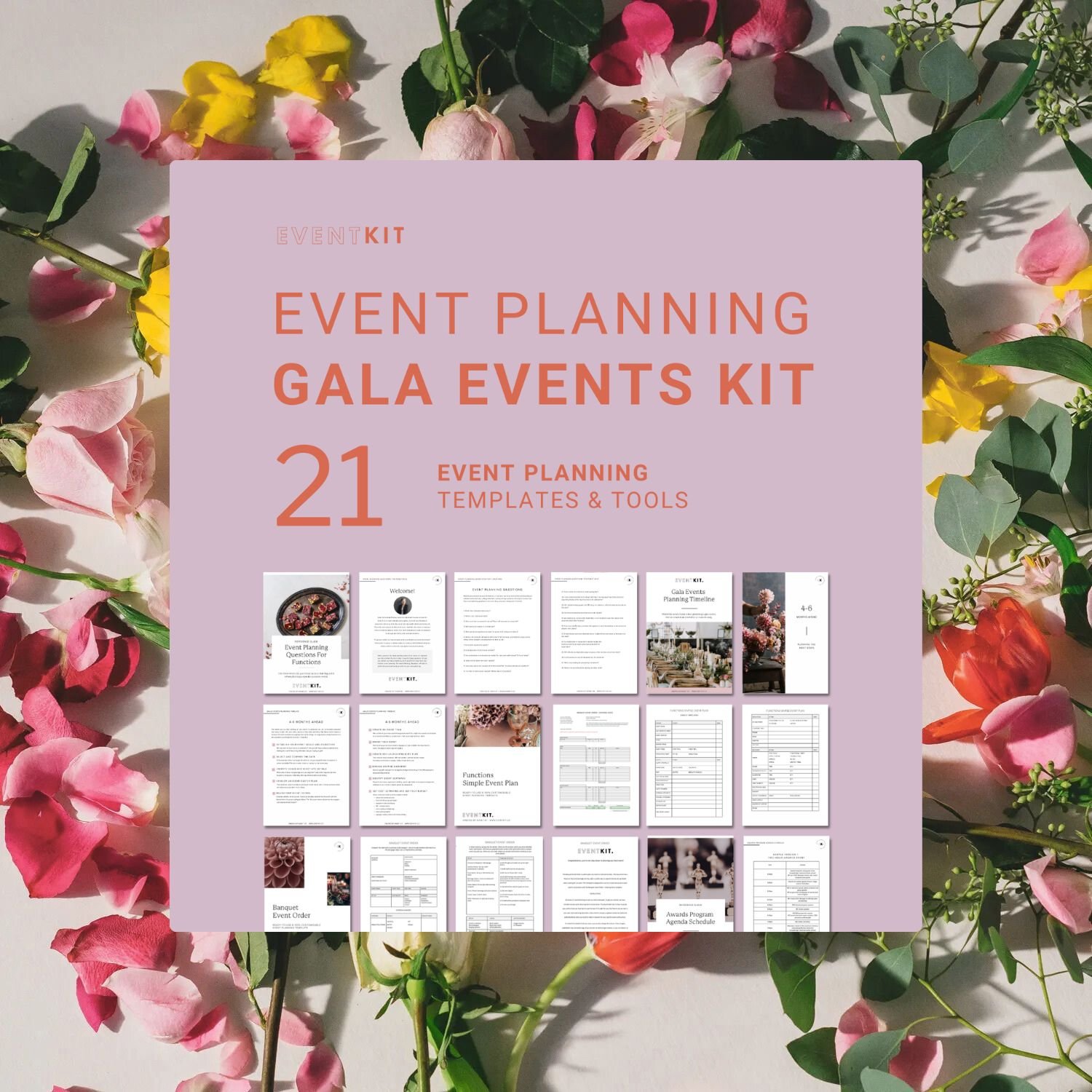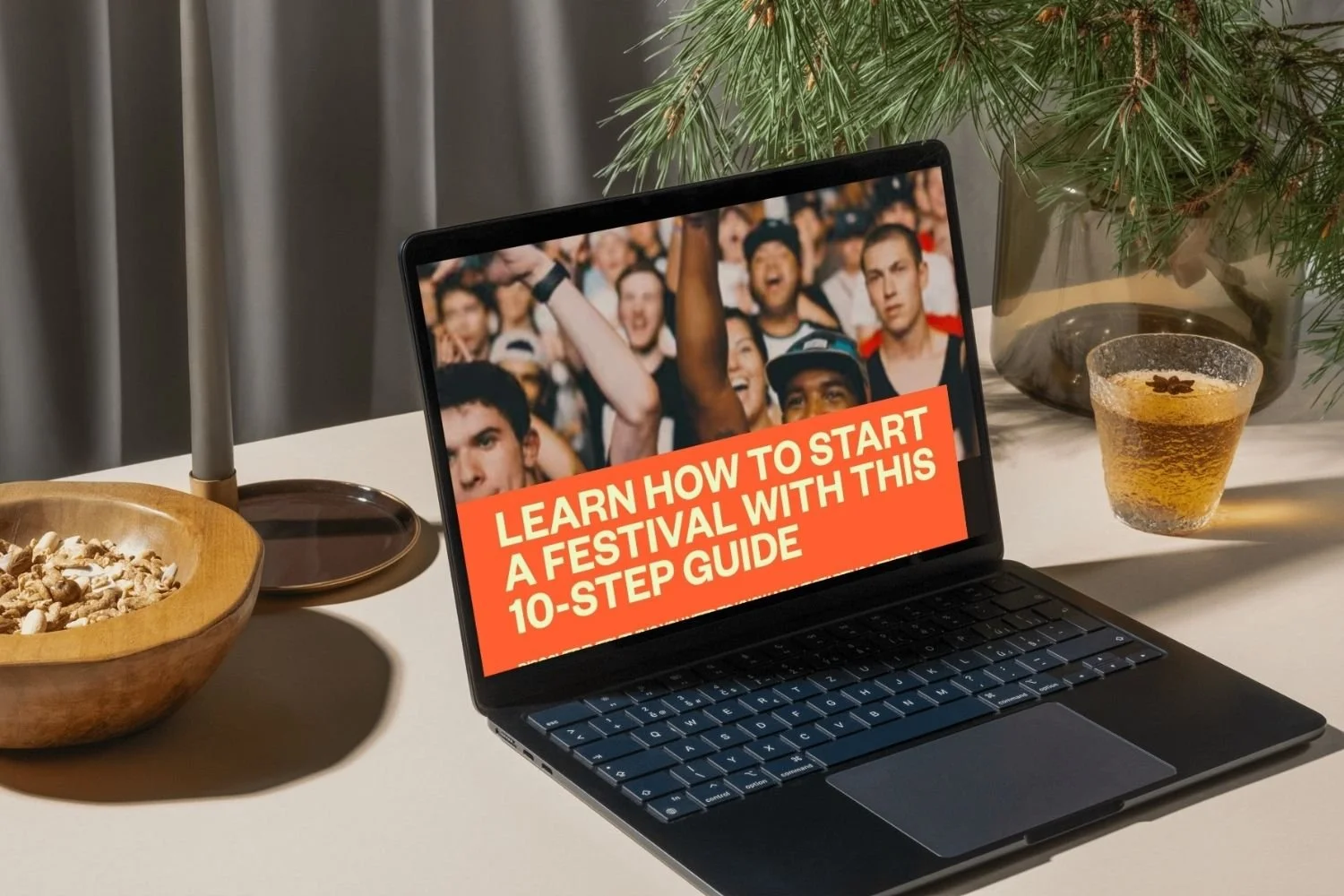How to Create the Perfect Event Brief and Why It Matters
All great event managers know that the secret to delivering a successful event lies in having a clear, measurable goal and a strong event brief to communicate it.
The event brief is one of the first things you should create before diving into the rest of your event planning to-do list. It’s the guiding document that sets the tone, timeline, and scope for everything that follows.
In this article, we will explain why you need an event brief and what it should include.
What is an Event Brief?
An event brief is a key document that serves as a guiding light for both you and your team.
It provides a high-level overview of your event, starting with the strategic purpose and covering essential details such as the event’s timeline, budget, attendee profiles, and venue recommendations.
While an event strategy covers the big picture goals and brand objectives, the event brief focuses on the roadmap to achieving these goals. Think of it as the “how” to your event strategy’s “why.” The event brief lays out all the tasks, timelines, and responsibilities that lead up to your event day.
Want to learn more about event strategy? Check out our article, Mastering Event Strategy: Your Blueprint for Event Success.
Pro Tip: Creating an event planning brief from scratch for every event can be time-consuming. Use an event brief template to streamline your process and ensure a consistent, repeatable approach.
Why You Need an Event Brief
An event brief gives your event direction and simplifies the planning process.
Whether you're working with an agency, client, or venue coordinator, it ensures that everyone involved is on the same page.
A well-crafted event brief helps you:
Set clear goals and define objectives
Create a timeline and budget
Develop attendee profiles
Visualise how your event will look and feel
By having all of these elements in one document, the chances of confusion and miscommunication are drastically reduced, ensuring a smooth planning process and minimising costly revisions.
Unfortunately, many new event planners skip the event brief or don’t know where to start. Don’t worry—we’ve created a guide to help you maximise your event brief template, available in the Event Planning Essentials Kit.
Key Elements of the Event Brief
Here’s a breakdown of the key elements that should be included in every event brief:
1. Describe the Event
Provide a detailed overview of the event. What will it look like? Who will attend? What is the theme? What’s the main program?
2. Clarify Your Goals
Define what you want to achieve—whether it’s raising brand awareness, generating leads, promoting networking opportunities, or offering educational content.
3. Lay Out a Budget and Timeline
Include a budget with quotes from vendors and a timeline that includes milestones such as venue booking and event promotion deadlines.
4. Profile Your Attendees
Understanding your audience will help you tailor the event experience. Are they corporate professionals, cultural enthusiasts, or general consumers?
5. Include an Overview of the Program
Outline the event’s program and any relevant theme or design elements that will guide the planning process.
Want more practical event planning tips? Bookmark these extra guides.
How to Build an Event Day Timeline
Leveraging ChatGPT in Event Planning: New Ways to Creativity & Efficiency
Shop Event Kit
Created by an award-winning event pro who’s delivered festivals for 100,000+ attendees. No subscriptions, no locked platforms — just real templates in Word and Excel you can use today.
Final Thought: Event Brief = Successful Event
By following the tips above and using a template, you can save time and ensure that all your event planning tasks are aligned and focused on achieving your goals. Start with a strong event brief, and watch your event come together smoothly.
Use our Event Planning Essentials Kit to get your own copy of our ready-to-use editable Event Brief Template, along with a handy how-to guide.
You Might Also Like
Meet Your Mentor
Hi, I’m Rachella — founder of Event Kit, and an Event Consultant with 25+ years of experience running world-class festivals and public events. I started Event Kit because I knew there had to be a better way. These are the tools and tips I wish I’d had when I was starting out, and now I’m sharing them with you.
EVENT KIT LIBRARY
Guides & Tutorials: Expert Insights & Event Planning Inspiration
Your go-to for practical event planning advice, from beginner basics to smart professional development.




















